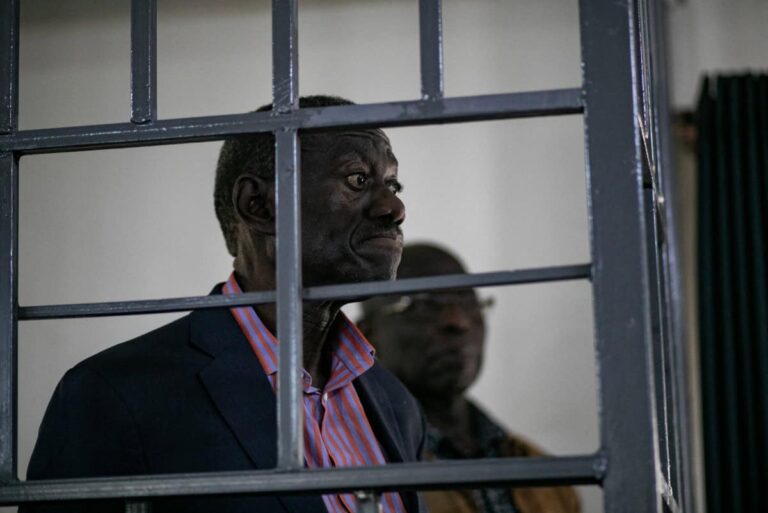In a move that has sent shockwaves through East African politics, Dr. Kizza Besigye, Uganda’s prominent opposition figure, was reportedly taken from Nairobi, Kenya, during what should have been a peaceful book launch event. As someone who has challenged President Yoweri Museveni’s leadership four times, Besigye’s sudden detention has raised serious questions about political freedom in Uganda.
Background on Besigye and Museveni’s Relationship
Their story begins in the dense forests of Uganda during the 1980s bush war. Besigye served as Museveni’s trusted personal physician, sharing the struggles and dreams of creating a democratic Uganda. However, this close relationship took a dramatic turn in 1999 when Besigye wrote a detailed critique of the government, pointing out its drift from these initial democratic ideals.
“From confidant to critic, Besigye’s journey reflects the complex nature of Uganda’s political evolution.”
The formation of the Forum for Democratic Change (FDC) in 2004 marked Besigye’s full transition from ally to opposition leader. Since then, he’s become a constant voice for change in Uganda’s political landscape.
Circumstances of the Abduction
The events at the Nairobi book launch paint a troubling picture. Witnesses describe how several plain-clothed individuals approached Besigye during the event and led him away. The lack of formal arrest procedures or documentation has raised serious concerns about the legality of these actions.
Military Trial and Legal Challenges
Besigye’s legal team has raised valid concerns about trying a civilian in a military court. The decision to proceed with a military trial appears to contradict basic principles of civilian justice, especially considering Besigye’s status as a retired military officer.
Uganda’s Broader Crackdown on Opposition
This incident isn’t happening in isolation. We’re seeing a pattern:
- Multiple opposition rallies were disbanded by police
- Young activists detained without charges
- Social media restrictions during election periods
- Limited access to opposition leaders by media outlets
Kenyan Involvement and International Reactions
The Law Society of Kenya has strongly condemned these actions, viewing them as a violation of international law and diplomatic norms. Human rights organizations worldwide have expressed concern about this growing trend of cross-border political persecution.
Human Rights Concerns and Political Commentary
Bobi Wine, another prominent opposition figure, has spoken out about these events, drawing parallels to his own experiences of persecution. International observers note how these actions could damage Uganda’s standing in the global community.
Historical Parallels: A Return to “Dark Days”?
Many Ugandans remember the difficult years under Idi Amin and Milton Obote. The current situation has made people wonder if history might be repeating itself. The similarities in tactics – sudden disappearances, military trials, and limited political space – are hard to ignore.
Broader Implications for Democracy in East Africa
What’s happening with Besigye isn’t just about one person or one country. It’s about the future of democracy in East Africa. As neighbors and fellow citizens of this region, we need to ask ourselves: What kind of future do we want to build? The international community needs to take notice and act before these practices become normalized.
“The strength of democracy lies not in how we treat our friends, but in how we treat those who disagree with us.”

